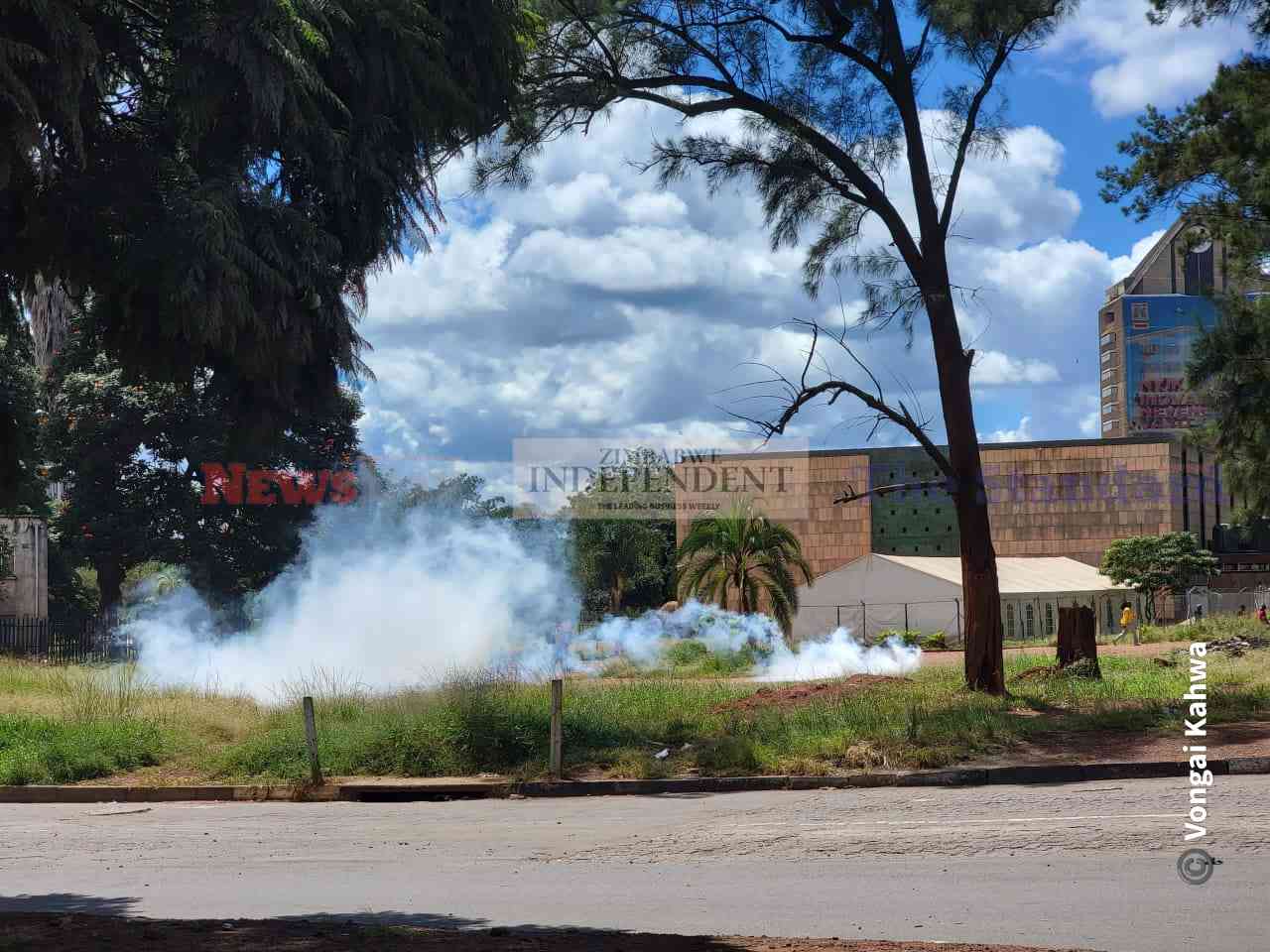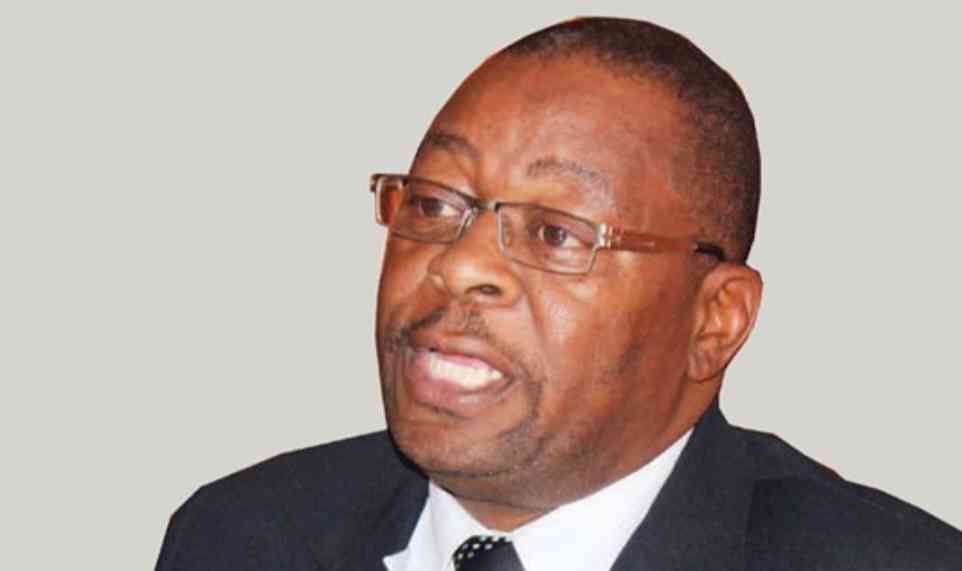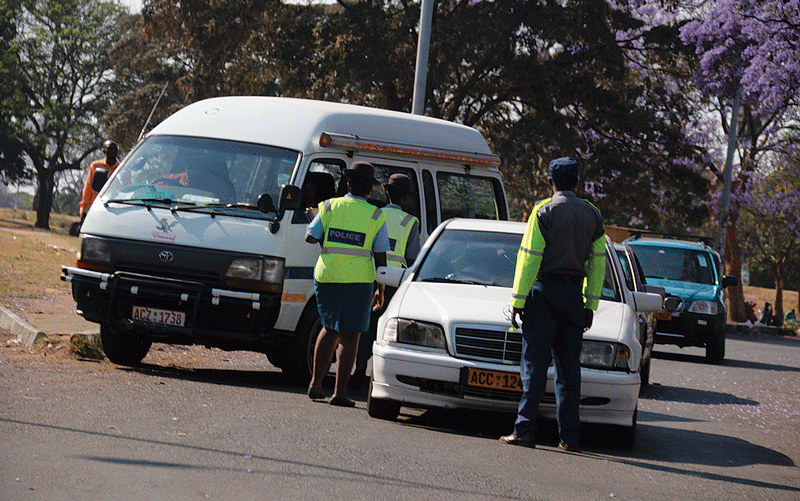Government remains committed in prioritising increased Disaster Risk Management including early warning systems and contingency planning to enhance the country’s preparedness. The regional and national early warning systems continue monitoring and advising us to foster our readiness for all hazards associated with this current rainfall season.
There is much evidence that the current rainfall season is a positive one, thus pointing to a good agricultural season and moreso, replenishing of our water bodies. We welcome and cherish the rains, however the occurrence of rainfall induced disasters is a matter of concern.
During the first part of this rainfall season, the country did not experience much rainfall except hailstorms, strong winds and thunderstorms in some parts of the country which left a trail of destruction notably in Gwanda, Zaka, Mbire, Muzarabani, Zvishavane, Buhera, Insiza, Kadoma, Shamva, Hwange, Buhera among other areas. We have now reached the peak of the rainfall season (i.e. January-March) which is normally associated with devastating cyclones and floods. We are pleased to announce that following the recent alert all communities are now aware of the looming situation and taking relevant action. Infact, forewarned is forearmed.
The Civil Protection Department continues to work with local authorities, traditional leaders, humanitarian and development partners, the private sector, Faith Based Organisations, communities and others stakeholders in saving lives and property. The Provincial and District Development Coordinators, Local Authorities, incorporating Ward and Village structures at the community level are encouraged to work hand-in-glove in disaster risk reduction, as has been the tradition.
I would like to thank our Traditional Leaders for being part of the Civil Protection Organisation; and more importantly upholding issues of spirituality as they mediate for a calm rainfall season. We count on them as they are indeed a repository of our traditions and our refuge when it comes to matters like these. I urge them to maintain proper records of people in their communities and ensure information is disseminated to the grassroots. I am pleased to inform you that the new Disaster Risk Management Bill emphasizes the role of Village and Ward Assemblies in Disaster Risk Reduction. The existence of 35 000 Village Heads around the country is the critical mass the country is harnessing in tackling preparedness and response to any forms of hazards.
To the Faith Based Organisations, may you continue to plead for mercy to the Almighty. You have also relentlessly assisted Government and affected communities in times of emergency in several aspects such as provision of food, psycho-social support and safe havens. We cherish this gesture and request your good hearts to remain such.
Keep Reading
- Teachers, other civil servants face off
- Veld fire management strategies for 2022
- Magistrate in court for abuse of power
- Vungu Dam water treatment and irrigation project takes off
The private sector’s contribution in Disaster Risk Reduction and response, cannot be overemphasized. We have seen intervention by the private sector beneficial during Cylone Idai and the COVID 19 periods. We are glad that we have a team of private contractors who have volunteered to join the Civil Protection system and will deploy equipment and expertise when need arises. We indeed embrace this partnership in as much as we endeavour to save property and more importantly lives of people who are your customers. Let me emphasize that disasters know no sector.
To our Local Authorities, I have no doubt that you are the third tier of Government, a status which comes with responsibility. As we prepare for this part of the season, I hereby direct all Local Authorities to clear storm drains and collect garbage in their areas of jurisdiction to minimize the impact of flush floods and waterborne diseases, respectively. As you are aware Ladies and Gentlemen, currently we have cases of typhoid and cholera in the country, let us not exacerbate this situation. The issue of informal, illegal and dysfunctional settlements is indeed a thorn in the flesh. May we kindly ensure that measures are put in place in these settlements for the safety of those in wetlands, water ways, and riverine basins. Provision of enabling temporary infrastructure in areas where they are needed will go a long way in saving peoples’ lives as well as enhancing accessibility of the areas. Councillors, regardless of your political inclination, please prioritise service delivery in your areas of operation.
In the above stride, it is time all Local Authorities should set aside a reasonable percentage of their budgets towards Disaster Risk Reduction. Thus, creation of a Disaster Risk Reduction Fund in every local authority becomes paramount for ease of preparedness and response to emergencies. No single Local Authority can claim that it is immune to disasters.
To our esteemed development partners, we are grateful for the interventions you have always done. May I kindly remind you that this is again the time when you ought to show your presence and visibility in DRR operations in the country.
The Second Republic has established community radio stations in all parts of the country as a way of bringing information and development closer to the communities. The radio stations should ensure information is disseminated to every person in line with our mantra of No Person and No Place should be left behind. Local leaders should make use of these radio stations as they communicate in local languages.
Given that we have people with disabilities, communities should render assistance in times of emergencies as espoused in the Civil Protection Act (Chapter 10:06). This in is termed inclusive Disaster Risk Reduction.
Ladies and Gentlemen as I conclude, let me encourage all players to come to the party in our relentless efforts to save lives of the people of Zimbabwe. We need to consider the Whole of Government and the Whole of Society Approach as is always promoted by the Acting President of the Republic of Zimbabwe, Cde C.G.D.N Chiwenga who wished all of us to follow guidelines given by responsible authorities.
I THANK YOU.





